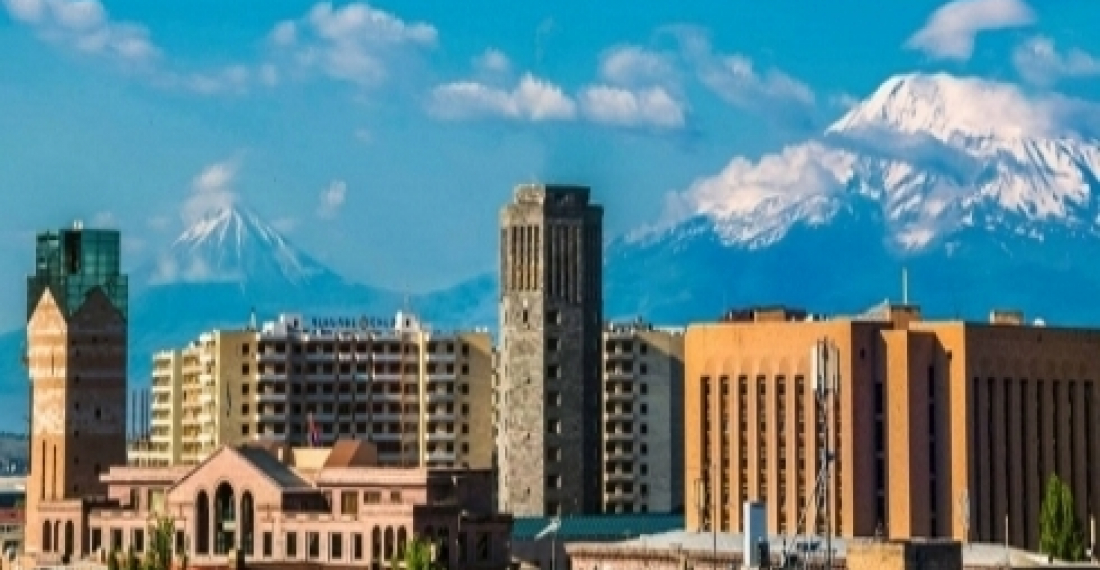Protestors in Yerevan demonstrated on Wednesday against Russian arms sales to Azerbaijan, which they say helped contribute to the outbreak of hostilities on April 2 in Nagorno-Karabakh.
Hundreds of young activists chanted "Shame!" and "Free, independent Armenia!" outside the Russian Embassy in Yerevan on Wednesday. Some threw eggs and were detained by police.
Russia sells arms to both sides, but to Armenia at preferential rates because the two countries are allies in the Collective Treaty Security Organisation. Last year Russia loaned Armenia $200 million for arms purchases.
After the recent clashes in Nagorno-Karabakh, the worst outbreak of fighting since a 1994 ceasefire, the Armenian government has complained about the supply of arms to Azerbaijan.
In turn, Russian Prime Minister Dmitry Medvedev during his visit to Yerevan last week said that the sales are carried out in compliance with the "balance of power" in the conflict zone. He denounced Yerevan’s criticism of arms sales to Azerbaijan as “demagogy”.
Medvedev said if Russia stops supplying weapons, someone else will take its place.
Last week, Russian Deputy Prime Minister Dmitry Rogozin said in a radio interview that the supply of Russian arms to Armenia and Azerbaijan helps keep the region from military escalation. Recent developments represent one of the most serious challenges to relations between Armenia and Russia.
A truce was agreed on April 5, with Russia mediating, but both sides claim the other has committed violations.
SOURCE: commonspace.eu and agencies
PHOTO: panoramic view of Yerevan including Russian Embassy






